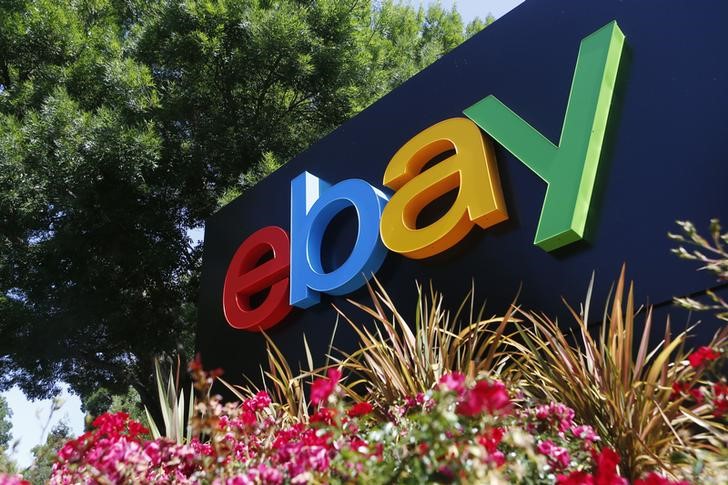(Bloomberg) -- The survivors of the rout in cryptoassets could become the technology companies of the future rivaling Amazon.com Inc (NASDAQ:AMZN) and eBay Inc (NASDAQ:EBAY)., Bank of England Deputy Governor Jon Cunliffe said.
Cunliffe compared the crash that has wiped more than $1 trillion off the value of Bitcoin and other crypto currencies this year to the dotcom collapse at the start of the millennium.
“The analogy for me is the dotcom boom, when $5 trillion was wiped off values,” Cunliffe said at the Point Zero Forum in Zurich on Wednesday. “A lot of companies went, but the technology didn’t go away. It came back 10 years later, and those that survived -- the Amazons and the eBays -- turned out to be the dominant players.”
He stressed that crypto technology has “huge applications and potential within the financial sector” even though the market is wobbling at the moment.
“Whatever happens over the next few months to crypto assets, I expect crypto technology and finance to continue.” Cunliffe said. “It has the possibility of huge efficiencies and changes in market structure.”
The BOE is developing plans for its own retail central bank digital currency and will deliver a consultation paper at the end of the year.
One key issue under investigation is whether to produce a fully independent CBDC with an “on or off ramp to fiat” money or just “something that is flexible enough” to be used in private stablecoins.
Cunliffe gave an example of stablecoins that are integrated into supply chain and logistics systems to maximize efficiency. “We couldn’t provide something that does all those things,” he said.
“The question is, are you better off having private stablecoins to be more optimized in certain areas, which then link back to a central bank ledger in some way? Or should we provide the base?” Cunliffe said.
The big philosophical question regulators face is whether to allow “fully disintegrated settlement,” which would mean regulating the AI code behind the crypto technology.
“I have the same confidence in that as a fully automated pilotless plane from London to Zurich, or a fully driverless car,” he said. “I want to know where the liability is -- if the algo goes wrong and I crash.”
“My sense is that will be very difficult for the regulatory system to cross in the near future.”
©2022 Bloomberg L.P.

